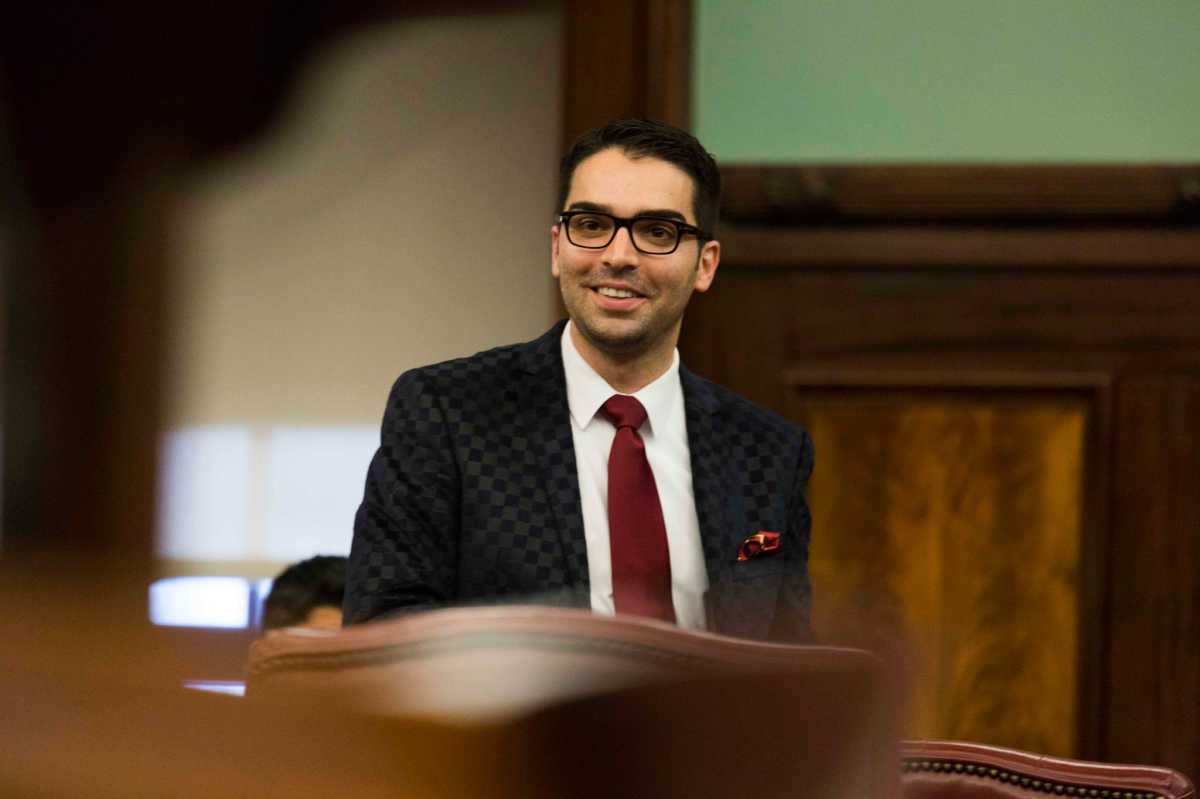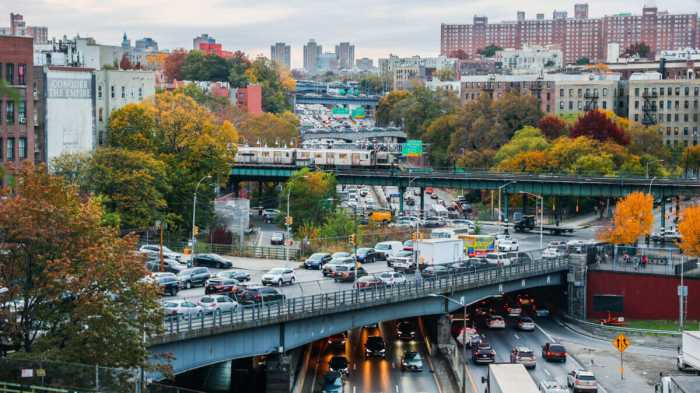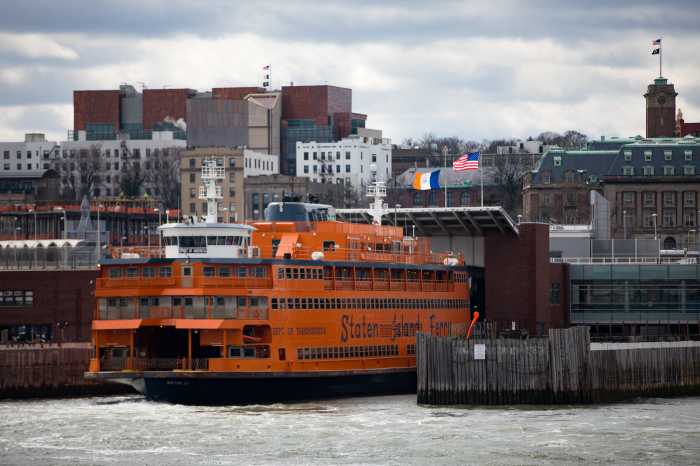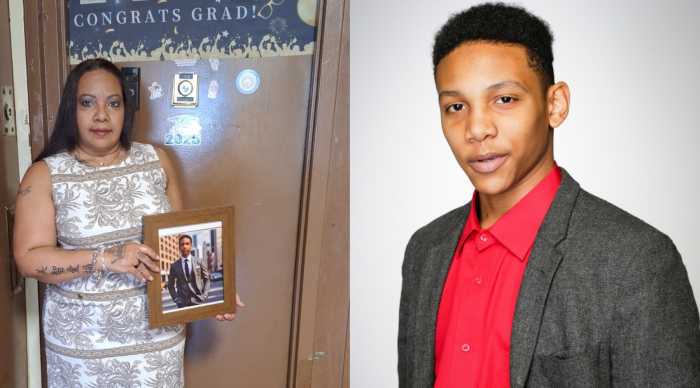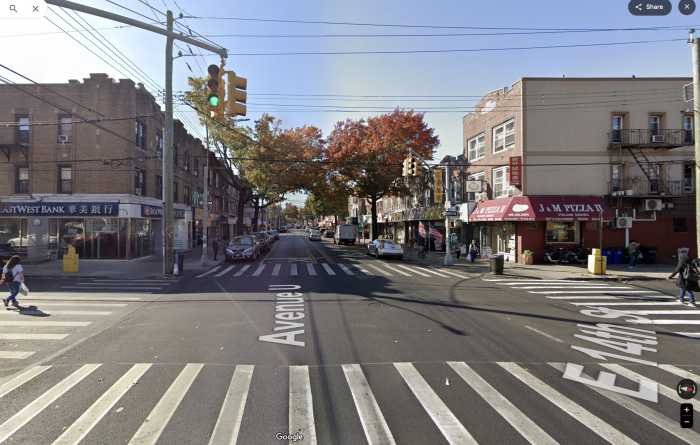Keep the streets open to cars, but shut the subways down.
That was the message City Councilman Ulrich delivered during a radio appearance Tuesday morning, as he not only doubled down on his support for shutting down the subways during the pandemic but also opposed car-free streets in Manhattan meant to facilitate social distancing.
Ulrich, a Republican representing south Queens, said during the AM 970 appearance that a temporary shutdown of the system would not only give the opportunity of a deep clean but to remove homeless people who he claims have taken over the subways and are allegedly spreading COVID-19 themselves.
“So many MTA workers are dying on the frontlines because they’re being exposed to coronavirus, and because of reduced service people are being crammed into the subway cars. They’re spreading coronavirus, it’s not safe,” Ulrich said. “The system was a mess before coronavirus, it was unsanitary and a breeding ground for disease and we know that things are not getting any better.”
Ulrich cast doubt on the $300-$500 million effort by the MTA to sanitize rolling stock and stations by pointing to the 7 train and its trajectory through Elmhurst, Queens as a major contributor. Elmhurst Hospital has struggled the hardest with the virus out of the many medical centers in the state dealing with a high volume of cases and deaths.
Also on Ulrich’s list of concerns was the 79 MTA employees who have died since the virus began sweeping through New York City.
“The thing that nobody wants to talk about is the fact that the subway has become a haven for the homeless. The homeless have taken over the subway system,” Ulrich said. “We’re not saying shut it down indefinitely or 24/7, we’re saying close it temporarily so it can be cleaned, so we can remove hundreds or probably thousands of homeless people that have taken over the system, that are spreading the diseases; it’s just not safe.”
MTA Chair Pat Foye in an appearance on PIX11 Tuesday night admitted that the MTA is only serving 5% of their usual customers but contended that the system was safe due to the 72-hour cycle for disinfecting subway cars and buses, and the twice-daily effort to sanitize all 472 stations twice a day.
“[That] creates an environment where customers and employees can feel safe,” Foye said. “The consequence of shutting the subways down would frankly disrupt the ability of healthcare workers, firefighters, that list that I went through before, including transit workers, to get to and from their jobs, and frankly, would make the consequences of this terrible pandemic even worse.”
Instead of the subway, Ulrich as well as Councilman Robert Holden, advocated for the city and state to pay for essential workers to take for-hire vehicles to and from work.
Also in Ulrich’s crosshairs was Council Speaker Corey Johnson’s proposal to create 75 miles of car-free streets in Manhattan which he deemed an “asinine” idea meant to project Johnson in the upcoming mayoral election.
Johnson and Manhattan City Councilwoman Carlina Rivera, both representing parts of Manhattan, introduced legislation on April 17 to open up streets across the five boroughs to pedestrians and cyclists, but Mayor Bill de Blasio was uncertain. Rivera said in a statement Tuesday that the proposal would offer New Yorkers more mobility options in the crisis, providing economic relief.
But the proposal is not without grassroots support.
Danny Harris, executive director of Transportation Alternatives said Tuesday the open space in many neighborhoods is critical and needed.
“As New York fights and emerges from this crisis, we need to ensure that New Yorkers who must be out have the safe space they require for physical distancing,” Harris said.
Earlier in the pandemic, Governor Andrew Cuomo had forced the mayor’s hand in opening streets as a release valve for crowded parks and in consideration of an over 90% decrease in vehicle miles driven in the city. De Blasio opened only four streets, criticized by safe streets advocates, and shut the program down after less than two weeks stating that their police resources were being stretched too thin to continue with the closures.



